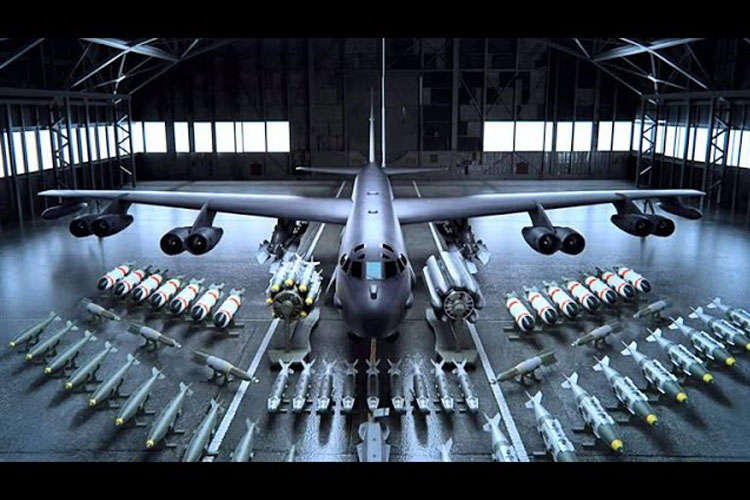
Source Breaking Defense
WASHINGTON, US: Boeing’s defense unit will take $2 billion in losses on fixed-price contracts when it reports its third quarter results later this month, the company disclosed today, bringing total defense-related charges for the company up to $3.2 billion this year. The wider company also announced plans to slash 10 percent of its total workforce.
The charges to its defense arm come as the US planemaker hemorrhages money amid an ongoing strike by its Seattle-area machinists union and as it announced the conclusion of its 767 freighter production — both factors the company states contributed to losses on the T-7A trainer, MQ-25 tanker drone, KC-46 tanker and NASA’s Starliner in the most recent financial quarter.
The T-7 trainer logged the largest charge, worth $900 million, due to what the company said were higher estimated costs for production in 2026 and beyond.
Behind it, the KC-46 logged a $700 million loss due to Boeing’s decision to end production of the 767 freighter, the commercial aircraft on which the militarized tanker is based. The company also pointed the finger at the ongoing machinists union strike, which has paused production of commercial airplanes, such as the 767 made in the company’s Seattle facilities.
The company did not lay out a breakdown for the losses incurred by the MQ-25 and Starliner programs.
Boeing’s defense unit expects to report $5.5 billion in revenue and declare an operating margin of negative 43 percent. The financial bleeding on in Boeing’s defense unit was replicated in its commercial business, which will declare $3 billion in losses for the quarter. The company noted that these figures were “preliminary” and could change.
As a result of financial turmoil across the company, Boeing CEO Kelly Ortberg said in a letter to employees that the company would lay off 10 percent of its workforce, “including executives, managers and employees.” While Ortberg did not say how much of the layoffs would come from Boeing’s defense unit, he added that he would provide “additional oversight” of the defense business and fixed price-development programs going forward.
“In BDS [Boeing Defense Space and Security], our performance on fixed-price development programs is simply not where it needs to be,” Ortberg said in the letter, which was made public. “We expect substantial new losses in BDS this quarter, driven by the work stoppage on commercial derivatives, continued program challenges and our decision to complete production on the 767 freighter.”
Last month, Boeing announced the departure of Ted Colbert, who has led its defense unit since 2022. The planemaker has not announced a full-time successor.








0 Comments
LEAVE A REPLY
Your email address will not be published